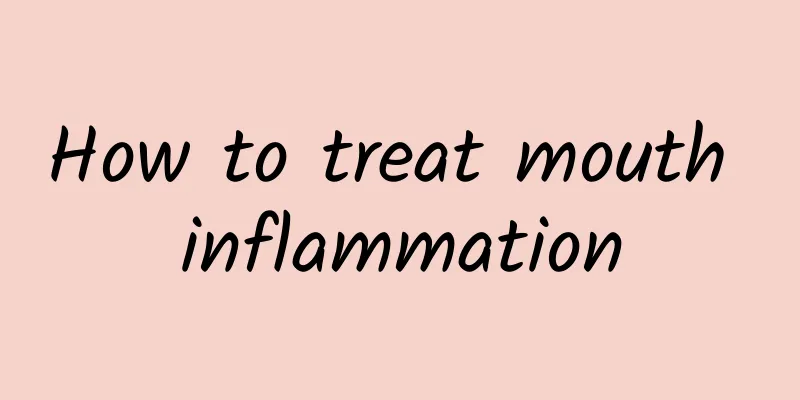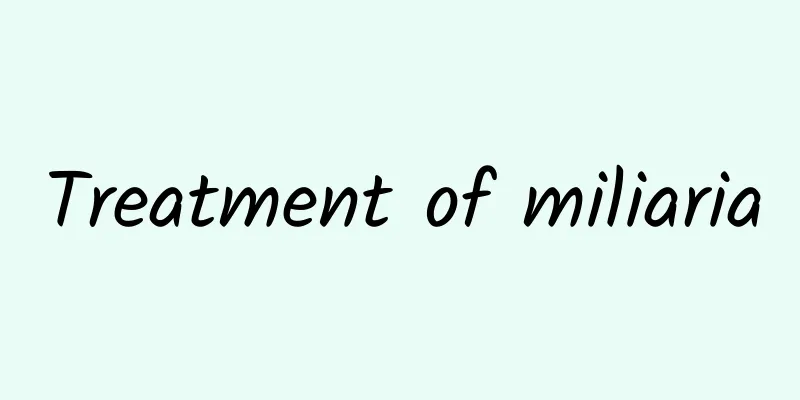Treatment of duodenal ulcer

|
The occurrence of duodenal ulcer is not only related to people’s daily eating habits, but also to genetics and bacterial infection. If you suffer from duodenal ulcer, it will have a great impact on the patient's gastrointestinal tract. The clinical manifestations are stomach pain such as burning pain and severe pain in the stomach. If you do not eat on time, the stomach pain will be very obvious and will be aggravated. If duodenal ulcer is not treated in time, it will cause further damage to the patient's stomach and intestines, and may even worsen and lead to gastric cancer. Therefore, when facing duodenal ulcer, patients must pay attention to timely treatment. So, what are the treatments for duodenal ulcers? The treatment of duodenal ulcer is divided into three types: drug treatment, Helicobacter pylori eradication treatment and surgical treatment. Today we will talk about the drug treatment of duodenal ulcer. The goal of drug treatment for duodenal ulcer is to eliminate the cause and control symptoms, promote ulcer healing, prevent recurrence and avoid complications. The most commonly used drugs are divided into the following categories: 1. Drugs that inhibit gastric acid secretion: Currently, the main drugs used clinically are H2 receptor antagonists (H2-RA) and proton pump inhibitors (PPI). H2-RA can inhibit basal and stimulated gastric acid secretion. Commonly used ones include cimetidine, ranitidine, famotidine and nizatidine. PPI acts on the key enzyme H+-K+ATPase in the terminal step of gastric acid secretion of parietal cells, causing it to be irreversibly inactivated, making the acid inhibition effect stronger and more lasting. PPI promotes ulcer healing at a faster speed and with a higher healing rate. It is suitable for the treatment of various refractory ulcers or NSAID ulcers in patients who cannot stop taking NSAIDs. It can also be used synergistically with antibiotics to eradicate Helicobacter pylori. Therefore, it is the first choice for the treatment of duodenal ulcers and even peptic ulcers. Commonly used PPIs include omeprazole, lansoprazole, rabeprazole, esomeprazole, and ilaprazole. 2. Mucosal protectants: They are currently no longer the first-line drugs for the treatment of ulcers, but when used in combination with acid-suppressing drugs, they can improve the quality of ulcer healing and reduce ulcer recurrence. Common ones include sucralfate, colloidal bismuth, potassium citrate bismuth, misoprostol, etc. 3. Gastrointestinal motility drugs: mainly used for patients with symptoms such as nausea, vomiting, abdominal distension, etc. to promote gastrointestinal emptying and relieve symptoms. The above are all treatments for duodenal ulcers. You can choose a method that suits you according to the severity of your symptoms. Of course, the most important thing is to follow the doctor's advice for treatment. After the treatment of duodenal ulcer, you must pay attention to the rationality of your diet to avoid the recurrence of duodenal ulcer. |
>>: Symptoms of a fractured wrist
Recommend
What are enzymes?
Enzyme is not only a component contained in the h...
Chloramphenicol eye ointment
Some eye diseases are already very common, and th...
Should Gorgon Fruit be Stir-fried to Remove Dampness?
Fuling is a common food in daily life. Many peopl...
What is typhoid fever face? How to differentiate and diagnose
Typhoid face is a facial expression that people w...
I don't know what kind of insect bites are very itchy. What should I do?
If you are bitten by an unknown mosquito and it i...
What causes dull pain in the lower right side of the abdomen?
Abdominal pain is a common disease in daily life....
Insomnia to the point of wanting to commit suicide? 12 ways to quickly cure insomnia
The current work and life pressure is too great, ...
What is the detoxification reaction after fire therapy?
Cupping and fire therapy are both treatment metho...
Hard skin on feet
Compared to the skin on the hands, people general...
Can cupping help you lose weight?
In life, some friends seem to easily accumulate f...
What should I do if I have a toothache and half my face is swollen?
Many people have experienced toothache. There is ...
The baby has a lot of red bumps on his body
Many babies have fragile skin and poor adaptabili...
Abdominal subcutaneous fat particles
The symptom of subcutaneous fat particles in the ...
How to deal with baby's earwax
Many parents will find earwax in their children&#...
How to deal with a sprained ankle, emergency treatment methods for sprains
If people are not well prepared when exercising o...









